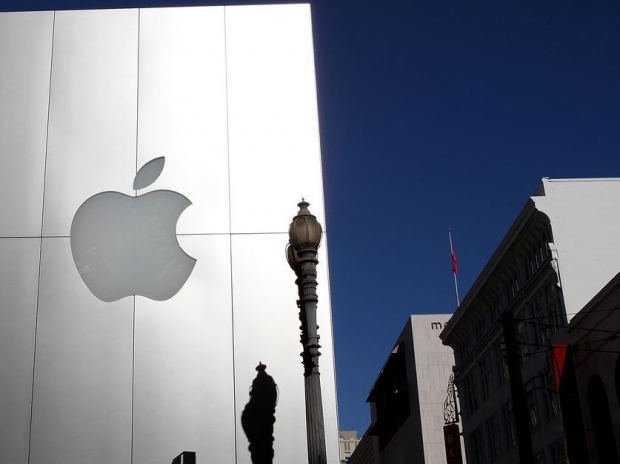The European Commission ordered Apple in August 2016 to pay the taxes it ruled it had received as illegal state aid, as part of its wider drive against what it says are sweetheart tax deals usually used by smaller states in the bloc to lure multinational companies and their jobs and investment.
Both Apple and Dublin are appealing the ruling, saying the iPhone maker’s tax treatment was in line with Irish and European Union law. We guess it means that despite its debt crisis Ireland has pots of money left by leprechauns and it is just happy that Apple has set up shop in Ireland. For the record, Ireland has a national debt of approximately €200 billion. About €50 billion of this debt needs to be repaid in the next three years..
Last October the Commission said it was taking Dublin to the European Court of Justice over delays in recovering the money that was due to be recovered in January 2017, four months on from the initial ruling in August 2016.
The Commission has been pressurising Ireland to recover the taxes as soon as possible to allow it to close the EU Court of Justice’s action for missing the deadline.
Ireland has insisted that it has acted as fast as it could to facilitate collection and management of such a large sum.
In March, Ireland appointed Amundi, BlackRock Investment Management and Goldman Sachs Asset Management to manage an escrow account to hold the money and make low risk investment decisions that protect the Irish taxpayer.

